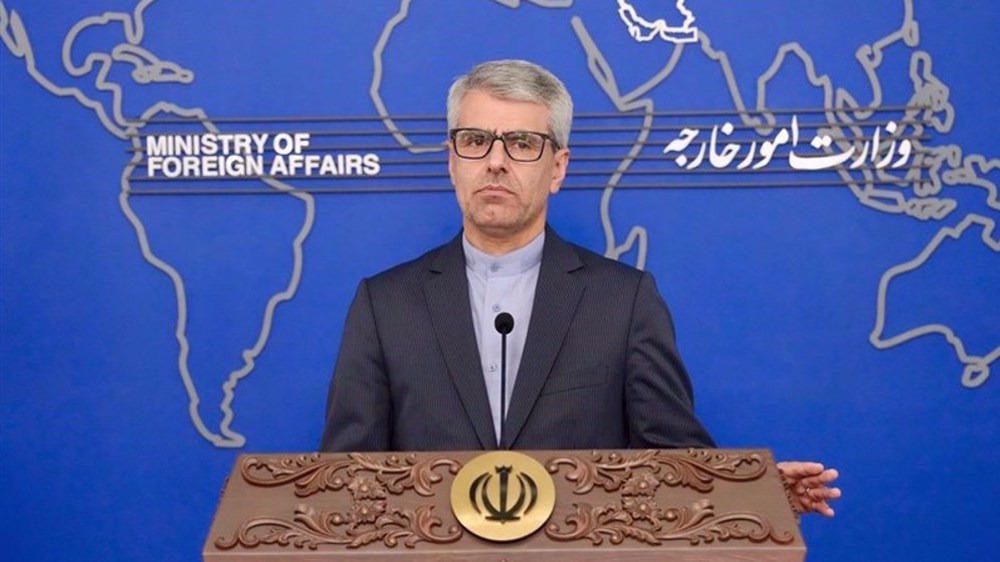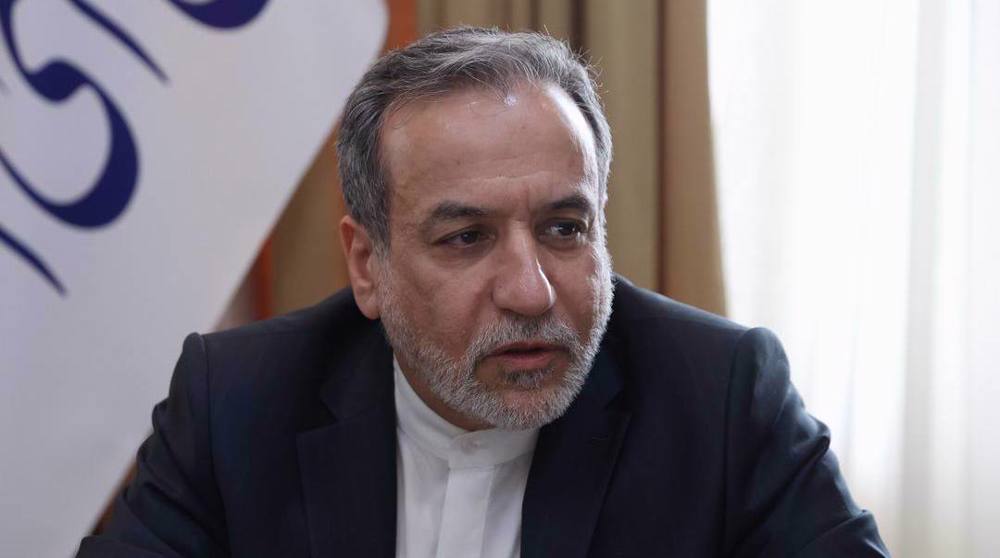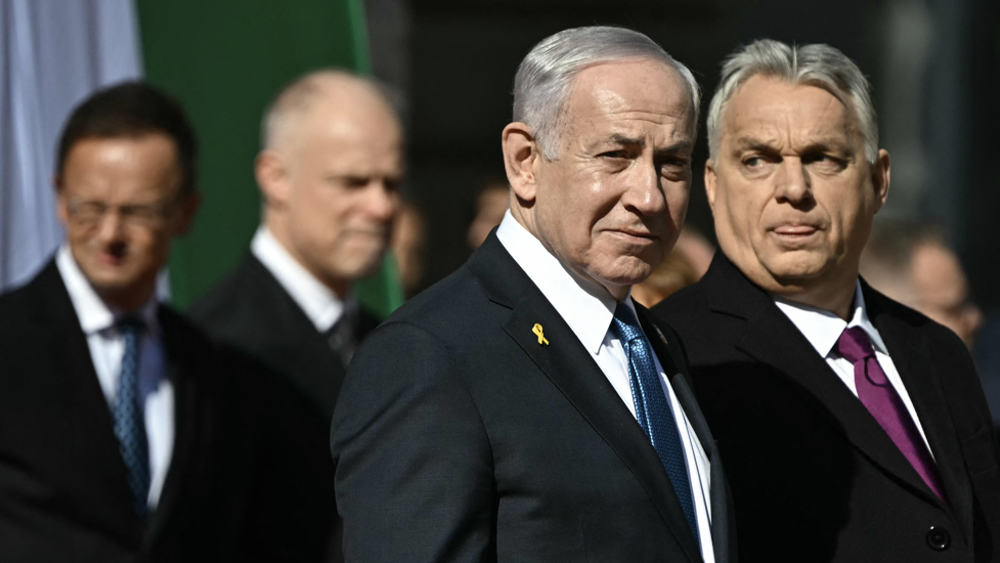Saudi breakup with Iran to harm Riyadh: Official
The Iranian government spokesman says Saudi Arabia will suffer the consequences of its recent severance of diplomatic relations with the Islamic Republic.
Speaking to reporters in Tehran on Tuesday, Mohammad Baqer Nobakht added that Riyadh’s "immature" move to cut relations with Tehran will have no impact on the Islamic Republic’s national development.
“The Islamic Republic of Iran will definitely show appropriate reaction to events within the framework of international conventions,” he said.
Nobakht said Iran seeks to expand its relations with neighboring states and all countries in the world but will apply such a policy to Saudi Arabia if the latter reaches a “realistic understanding” of the Islamic Republic.
Saudi Arabia severed diplomatic relations with Iran on Sunday following demonstrations held in front of the Saudi embassy in Tehran and its consulate in the northeastern city of Mashhad by angry protesters censuring the Al Saud family for the killing of the top Shia cleric Nimr al-Nimr. Some people mounted the walls of the consulate in Mashhad while incendiary devices were hurled at the embassy in Tehran. Some 50 people were detained over the transgression.
Amid the deterioration of tensions between Tehran and Riyadh, Saudi Foreign Minister Adel al-Jubeir said on Monday that his country would end air traffic and trade links with Iran.
Nobakht also reiterated Tehran's harsh criticism of Sheikh Nimr’s execution and said the Iranian government condemns Saudi Arabia’s inhumane and Daesh-like move.
“These measures by Saudi Arabia indicate the failure of this country’s policies in Iraq and Syria,” he said.
Sheikh Nimr, a critic of the Riyadh regime, was shot by Saudi police and arrested in 2012 in Qatif in Saudi Arabia's Eastern Province, which was the scene of peaceful anti-regime demonstrations at the time.
He had been charged with instigating unrest and undermining the kingdom’s security. He had rejected all the charges as baseless.
Nobakht also slammed Riyadh’s support for Takfiri terrorist groups operating in Iraq and Saudi Arabia's alignment with Israel for their attempts to undermine Iran's hard-won nuclear agreement with the P5+1 group of world powers.
On July 14, 2015, Iran and the P5+1 group of countries – the United States, Britain, France, China and Russia plus Germany – finalized the text of the Joint Comprehensive Plan of Action (JCPOA) on Tehran’s nuclear program in the Austrian capital, Vienna.
Under the JCPOA, Iran will accept restrictions on its nuclear program in return for the removal of sanctions imposed on Tehran by the US and the EU.

Europe standing on wrong side of history by appeasing Israel: Iran

Araghchi says no round of talks held between Iran and US

Iran embassy condemns Netanyahu’s visit to Hungary, calls Israel ‘threat to world peace’
Nigerian security agents plan fresh attacks on followers of Sheikh Zakzaky in Abuja: Report
Bill to seize mosques in India gains presidential assent
Over 600,000 children in Gaza at risk of ‘permanent paralysis’: Ministry
VIDEO | US, Europe anti-Trump protests
Yemen accuses US of targeting civilians in Eid airstrike
VIDEO | US bombing campaign fails to deter Yemen
Hamas calls for mass participation in general strike in West Bank
Europe standing on wrong side of history by appeasing Israel: Iran







 This makes it easy to access the Press TV website
This makes it easy to access the Press TV website